Arrival of colonialism of the third kind
- The Daily Sun Star (Dhaka)
- 17 Mar 2009
The truth is that if exploitation of a developing country’s natural resources by the West is colonialism, so it is when rich countries of the South do the same.
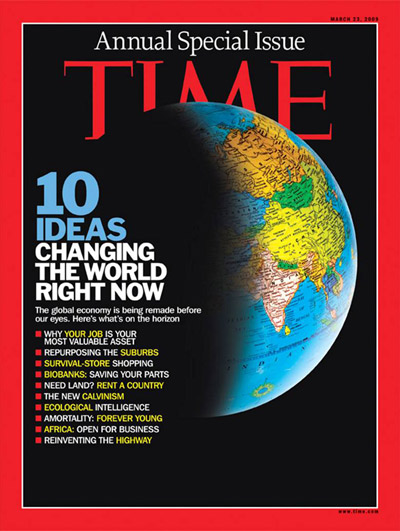
The truth is that if exploitation of a developing country’s natural resources by the West is colonialism, so it is when rich countries of the South do the same.
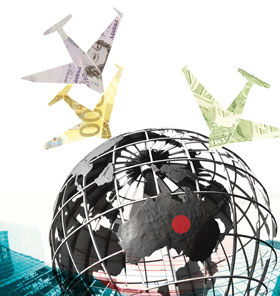
"Don’t tell me the Saudis grow food in Ethiopia to feed Ethiopians. Here is the conflict. Food shortage and famine is still rampant in today’s Ethiopia."

"Huge tracts of unutilised agricultural land are available" writes the Ambassador of Ethiopia to the UK
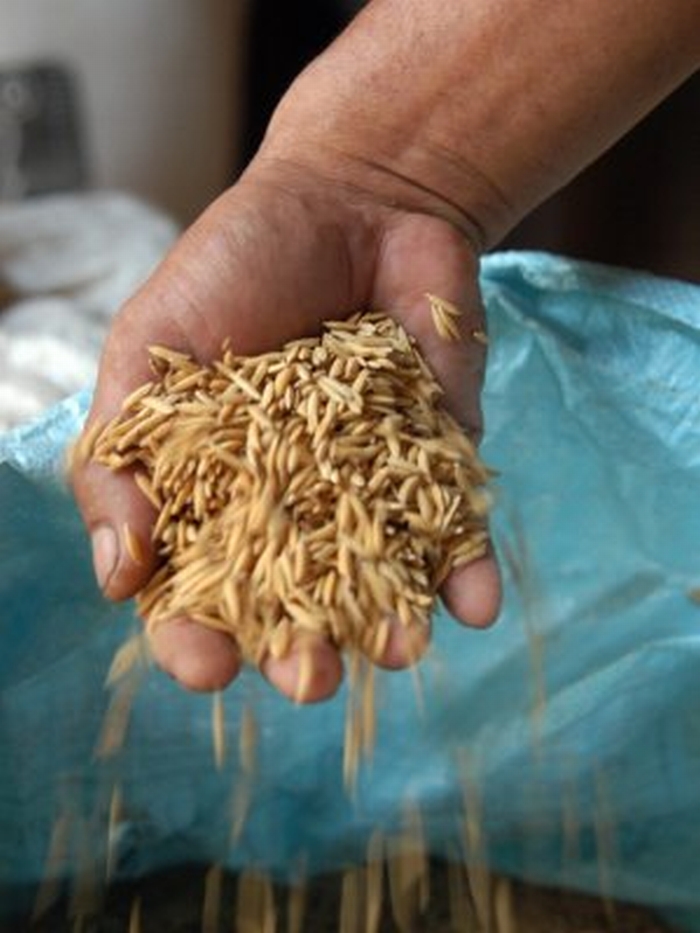
Saudi Arabia has announced the arrival of the first food crop harvested in Saudi-owned farms abroad, in a sign that the kingdom is moving faster than expected to outsource agricultural production.
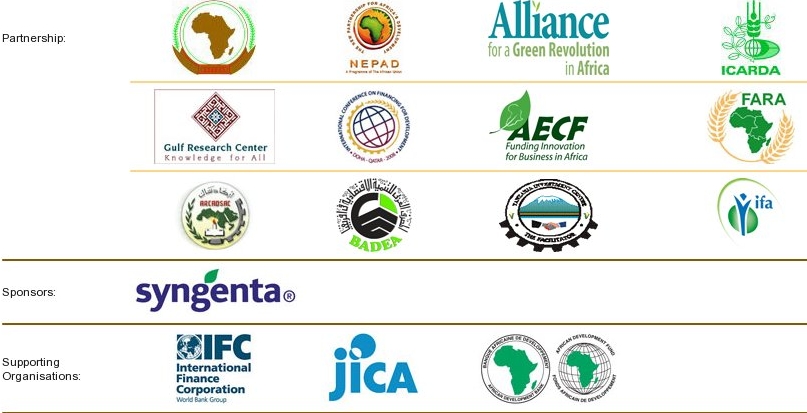
Reports indicate the growing Euro-Arab-Asian interest to buy land in Africa for the food security of their home population, not Africa´s. However, seldom do these reports link the the appetite for farmland and energy investment on the continent with the current global economic crises.
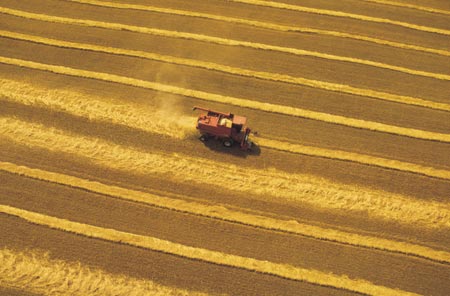
A group of five Saudi Arabia business men have planned to invest 1 billion Saudi riyals (some $ 266.6 million) in agricultural projects in Sudan and Ethiopia within the coming few years, Pan Arab daily Asharq Al Awsat reports.
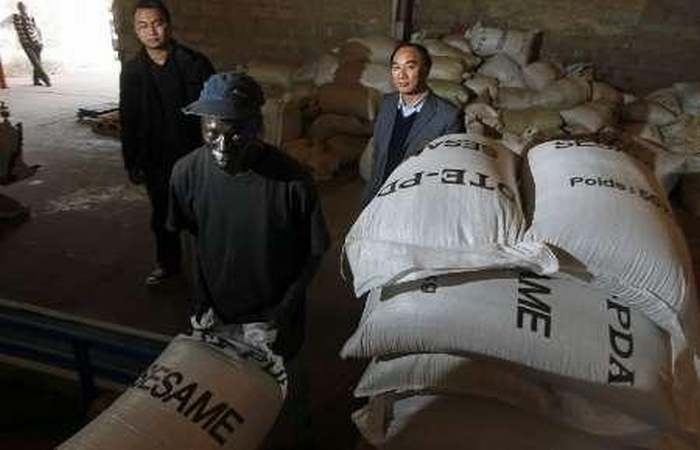
A group of Saudi businessmen have planned to invest over SR1 billion [USD267m] in agricultural projects in Ethiopia and Sudan on a staggered schedule within next few years.
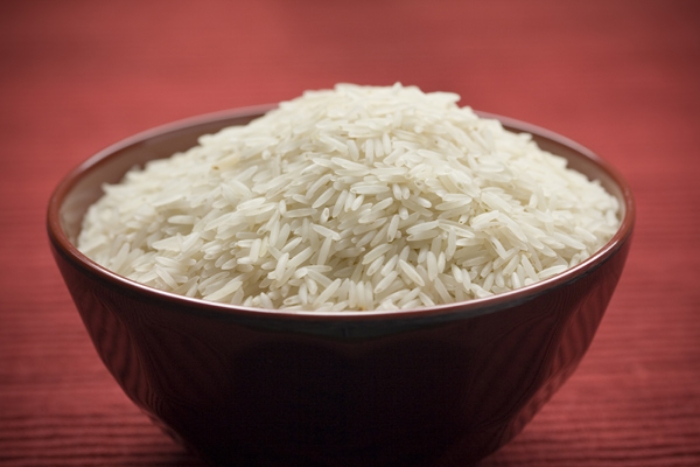
With vast tracts of land being sold in Madagascar, and Sudan and other African governments actively seeking investors in agricultural land, are we witnessing a neo-colonial land grab or will the investment result in greater food productivity to the long-term benefit of recipient nations?
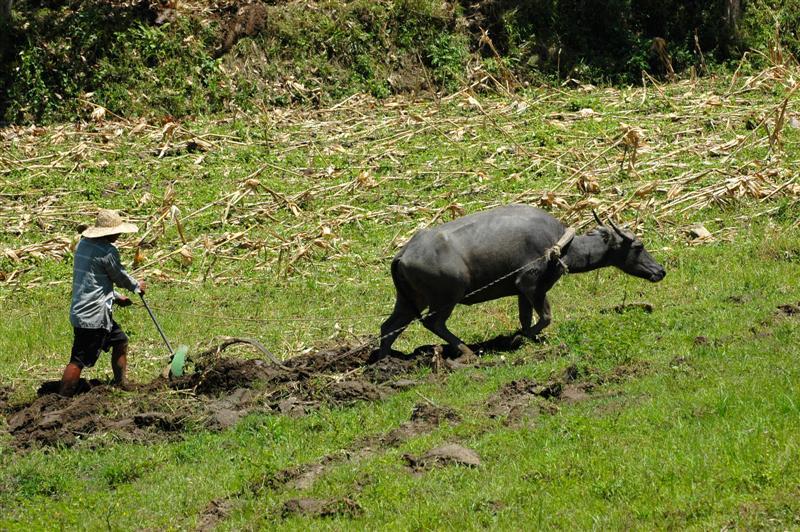
Saudi Arabia, one of the world's biggest rice importers, has received the first batch of rice to be produced abroad by local investors, state news agency SPA reported on Monday.
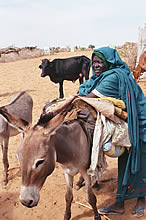
King Abdullah received today Saudi Arabia's Minister of Commerce and Industry accompanied by two Saudi businessmen Mohammad Hussein Al-Amoudi and Abdullah Hassan Al-Masri on the occasion of the arrival of the earliest produce of their rice to the Kingdom.

In the largest single agricultural investment, Ethiopia’s richest man Sheik Mohammed Hussein Ali Al-Amoudi, joined the bio-fuel sector in a joint venture with Jemal Ahmed, one of the biggest edible and palm oil importers in the country.
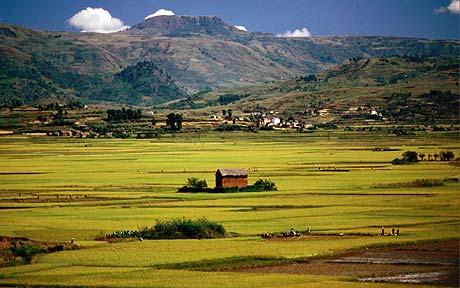
To lure investment dollars, the Sudan government has removed import duties on agricultural equipment being imported into the country.

|
KKR acquires ProTen from Aware Super
|